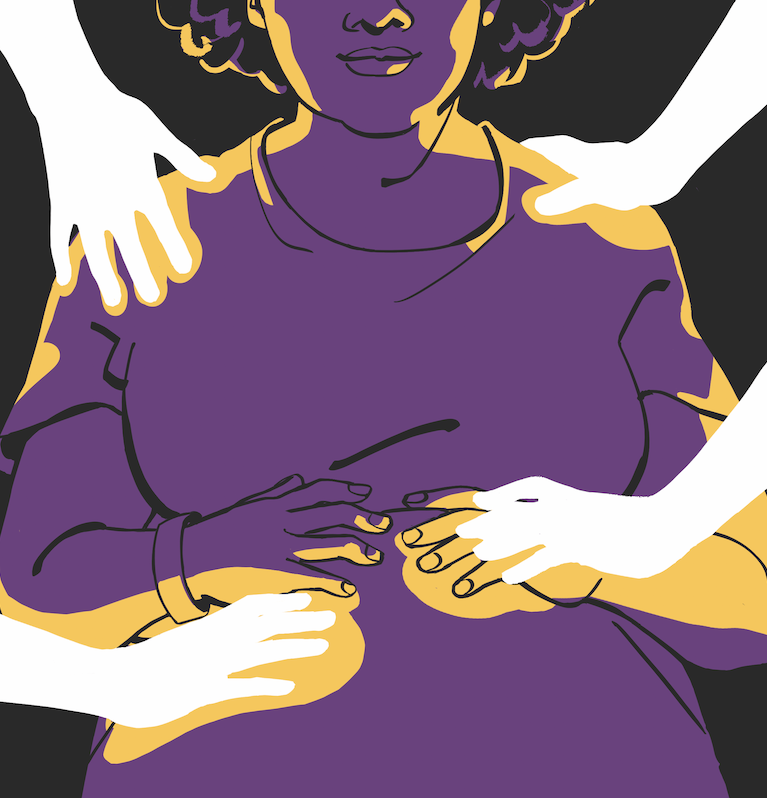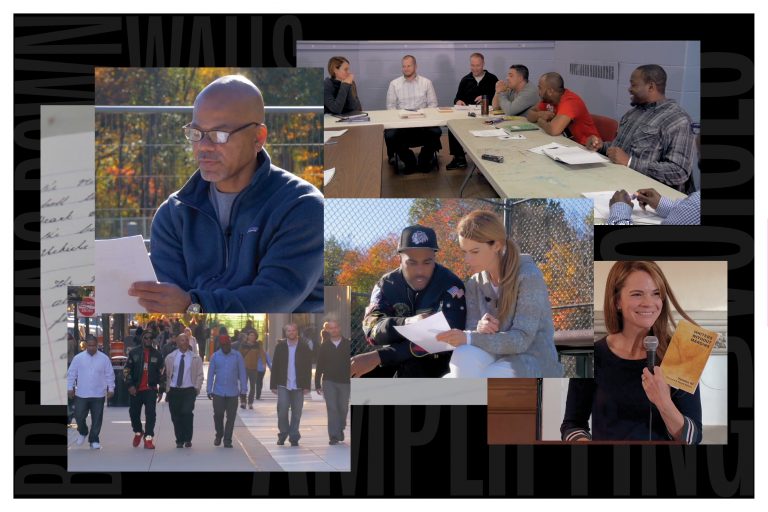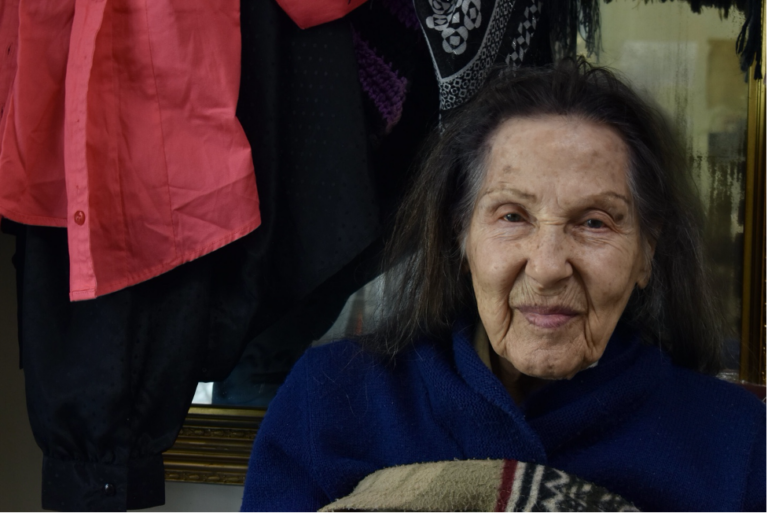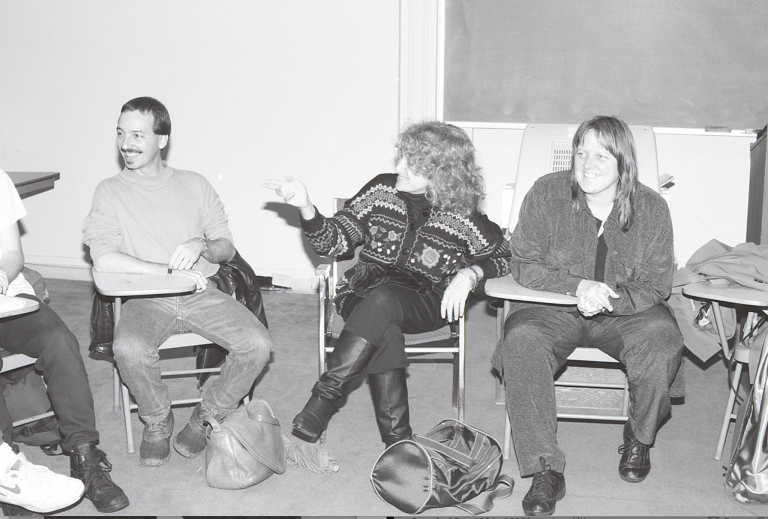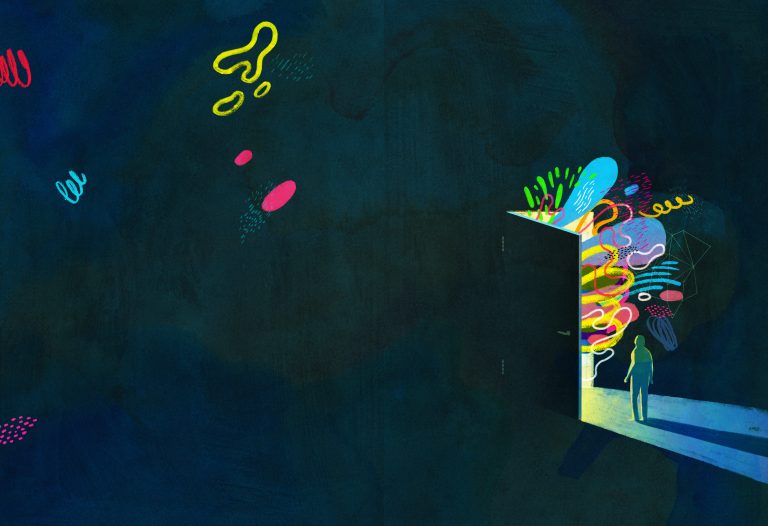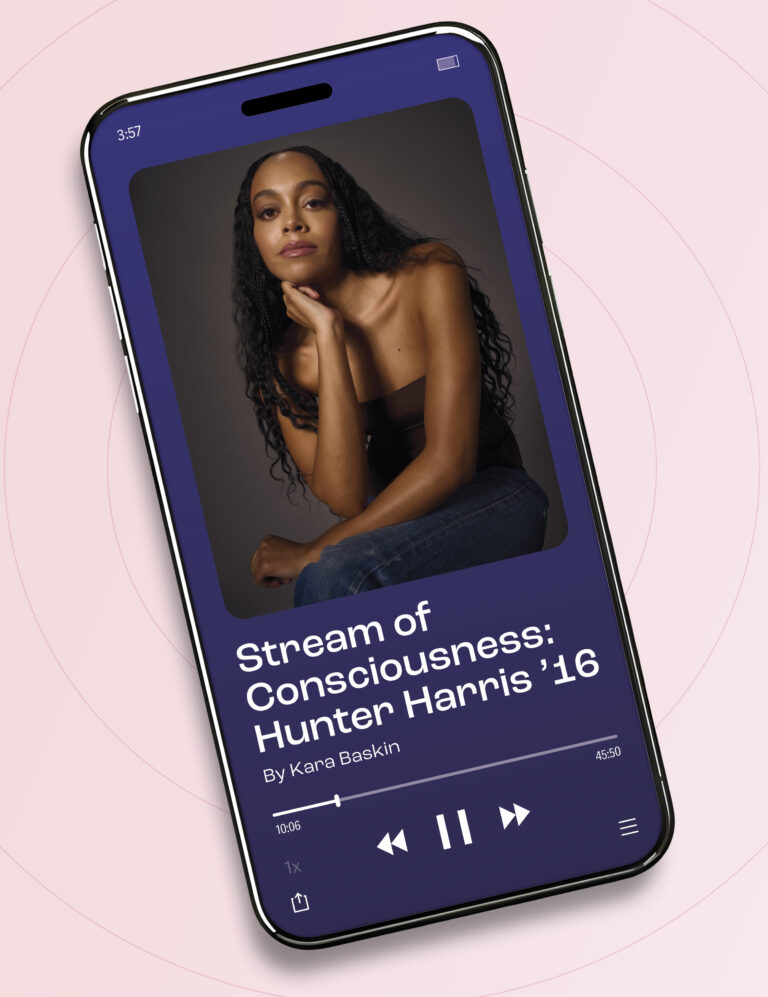Amplifying Black Women’s Stories, Disrupting Medical Racism
Sharifa Simon-Roberts, Assistant Professor in Communication Studies at Emerson
Mary Anne Taylor, Associate Professor in Communication Studies at Emerson
Naa Amponsah Dodoo, Associate Professor in Marketing Communication at Emerson
WHAT’S YOUR BIG IDEA?
To challenge status quo health practices for BIPOC communities and address the deadly consequences of medical racism in OB-GYN healthcare.
WHY IS IT IMPORTANT?
Closing health communication gaps between medical providers and BIPOC patients is an essential step in eradicating systemic racism in American healthcare.
Black women are three times more likely to die from pregnancy-related causes than white women, according to the Centers for Disease Control and Prevention. The factors that lead to these devastating, and often highly preventable, consequences range from lack of representation in healthcare (just 2 percent of physicians are Black women) to harmful medical discourses, stereotypes, and pervasive communication failures.
These staggering disparities inspired three Emerson faculty members to do something about it. Sharifa Simon-Roberts, assistant professor in Communication Studies, Mary Anne Taylor, associate professor in Communication Studies, and Naa Amponsah Dodoo, associate professor in Marketing Communication, recently collaborated on a paper titled “Aftershock: A case study analysis of how amplifying Black birthing experiences disrupts hegemonic discourses of Black maternal healthcare in America,” which they presented at the International Communication Association conference on Australia’s Gold Coast in June.
“We are contributing to an existing area of research, but adding a new angle and a new lens,” said Simon-Roberts. “I see this research as falling within the critical paradigm, which recognizes social inequalities, and where the goal at the end of the day is to bring about change.”
Their interdisciplinary approach draws on their unique strengths and bridges the fields of health communication, medicine, cultural studies, and related disciplines in order to develop a new paradigm of storytelling around Black maternal healthcare.
The paper is just one element of their larger project to reframe health communication strategies in Black maternal health and health outcomes, said Dodoo. They hope to foster discussions about these outcomes in multidisciplinary spaces as they conduct research with Black families and lean into both the qualitative and quantitative sides of the project.
Taken a step further, they envision building a cultural studies curriculum in medical schools and OB-GYN programs for health communication and advocacy, platforming Black women’s experiences and needs. As practices such as midwifery have often been dismissed by the mainstream medical establishment, they would reopen space for women to pursue what is right for them. Their goal, ultimately, is to break down barriers through an interdisciplinary approach to critical health communication.
They are eager to shake up the healthcare system to dismantle these pervasive issues. It’s a major undertaking, but the spirit of collaboration and passion for this critically important work leaves no doubt that these three Emerson professors will indeed change the world.

